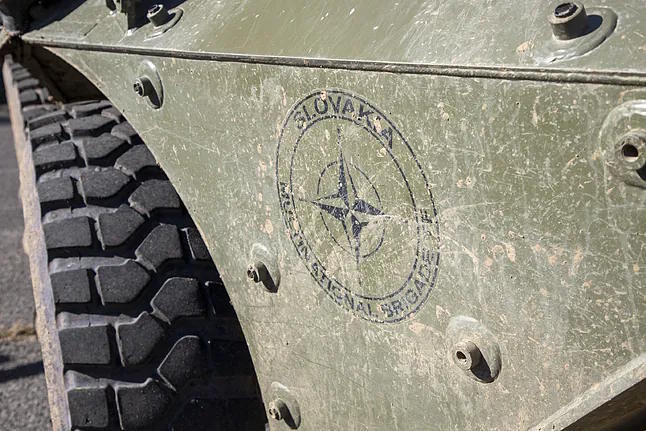The US is no longer willing to bear the burden of being the world's defender as it focuses on reducing expenses to control an excessive 7% deficit. The Trump Administration has made it clear that Europe must cooperate and increase its defense investment. This has been effective, as seen in the recent announcements from Germany, France, Italy, and now Spain to boost their defense budgets.
The Government will increase defense spending by 10.471 billion euros this year, aiming to reach the minimum 2% required by NATO, although the official recommendation is to move closer to 3% of GDP, a goal still far off for countries like Spain or Italy. France is set to reach 3.5% this year, while Germany has even amended its constitution to raise the spending limit. Italy has not specified figures but its finance minister has stated that the country will surpass 2% this year.
Analysts at Goldman Sachs believe this is a growing trend, predicting Germany to reach 3% of GDP by 2027, with Spain and Italy around 2.8% and 2.7%, respectively. They also anticipate that increased state investments will lead to higher economic growth. However, the possibility remains that the spending increase is temporary due to pressure from the White House and NATO. Few countries have debt under control, below 100% of GDP.
Looking at the market and the significant gains in defense and aerospace companies in recent years, investors wonder if it is too late to invest in them. Beltrán de la Lastra, a prominent Spanish investor, has reduced his exposure to defense firms from 8% to 3% in recent months. He believes that companies like "Babcock" could profit more from peace than war.
In Europe, German company Rheinmetall stands out in the defense sector with stock gains of nearly 1,330% since the Russian invasion of Ukraine in February 2022. Other companies like SAAB, Leonardo, Dassault Aviation, Thales, BAE Systems, and Indra have also seen significant gains.
Indra, for example, presented a strategic plan estimating annual global defense spending growth of 4%-5% and even higher for NATO countries. The company aims for its aerospace and defense business to represent 60% of the group's EBITDA by 2023.
European defense companies have caught up with American giants like Lockheed Martin, Northrop Grumman, and General Dynamics in terms of market capitalization. While US companies have seen more modest gains since the Ukrainian conflict began, European firms have experienced substantial growth.
